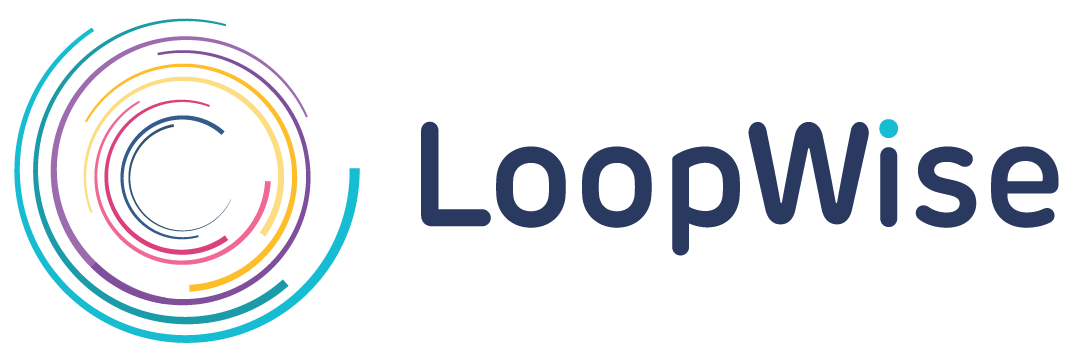Team issues or challenges?
These can be as diverse as the teams themselves. These examples I see regularly:
Is the question or challenge of your team not listed here? No worries: all of our processes focus on where you are now, what your goals are and what you need. We also adapt the format to these points of departure, through personal or team coaching, thematic workshops or training programmes, or through a combination of all of these.
Achieve these results with a process:
- Your team will be mature and secure enough to be self-organising, to evolve within a changing context and to continue to contribute to the goals of the organisation.
- Team members will be in a stronger position because of the attention they have received during the process. They will welcome differences of opinion and feedback, and see conflicts as opportunities.
How do we design a team process?
In brief, completely tailored to your question and challenge. However, in order to achieve lasting results, we always go through these steps:
First, I zoom in on the context and work situation. I immerse myself in your team, see how it works and get a feel for what is going on among you.
Time to zoom out for a moment. Together, we clarify the question/challenge, desired situation and first step to get everyone in line.
During the process, I zoom in on what presents itself to you and how the team deals with it. Where necessary, we make adjustments based on what emerges.
At the conclusion, we anchor the insights from the process in your work situation. We do this with recurring agenda items, team meetings, review moments, etc.
You can count on a unique learning experience
After all, that's what my clients call it. What’s my approach? Focusing on loop learning: learning with an intense and lasting learning effect, with your team’s potential as the starting point. This means clients achieve results that they keep coming back for.
Tip for corona times: I built up a lot of experience in online or blended processes.
